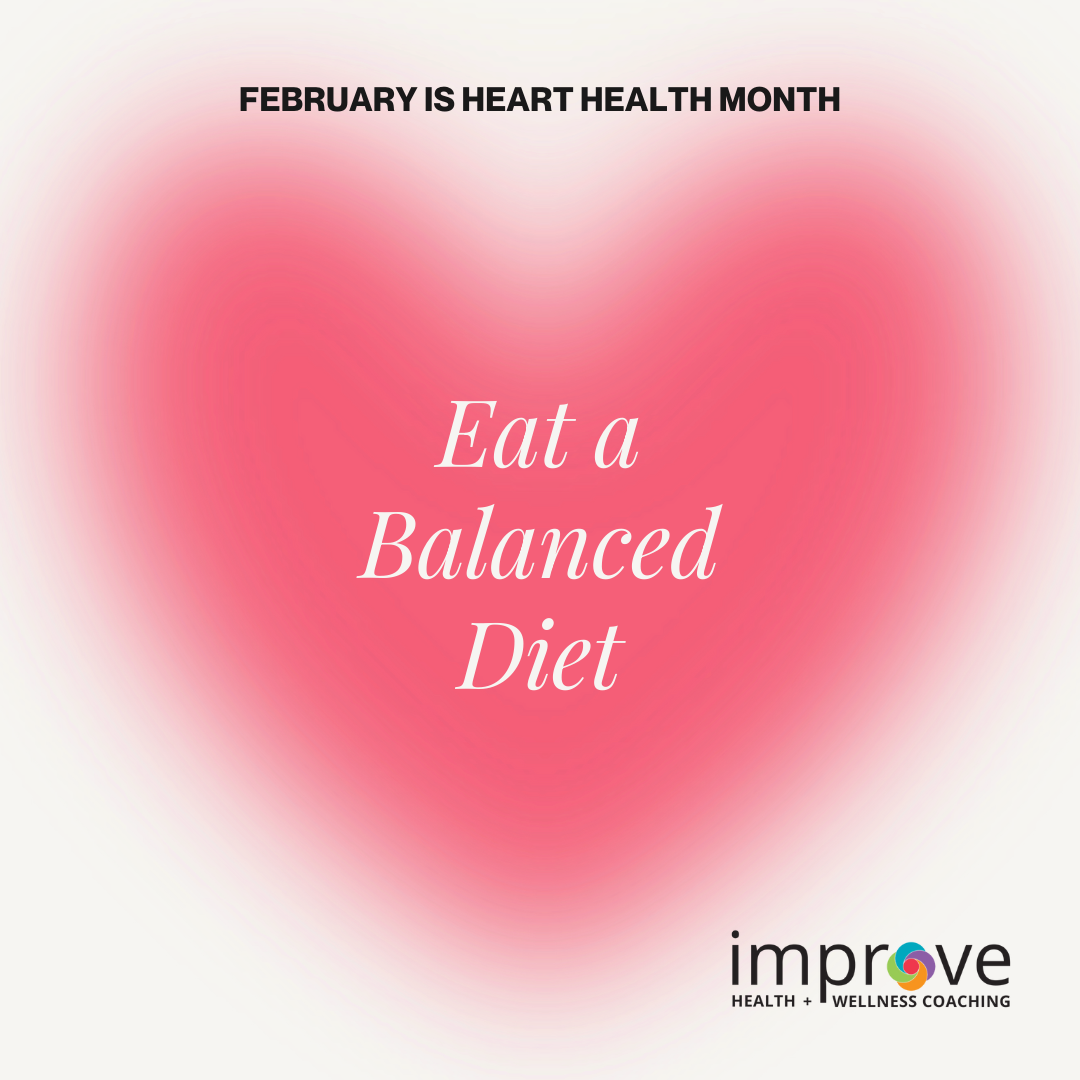Fruits and Vegetables: Aim to fill half of your plate with colorful fruits and vegetables at every meal. These nutrient powerhouses are rich in vitamins, minerals, antioxidants, and fiber, which are essential for supporting a healthy immune system, digestion, and cardiovascular health.
Whole Grains: Choose whole grains such as brown rice, quinoa, oats, and whole wheat bread over refined grains. Whole grains are higher in fiber and nutrients, providing sustained energy and helping to regulate blood sugar levels. Lean Proteins: Include lean sources of protein such as poultry, fish, tofu, beans, lentils, and legumes in your diet. Protein is essential for building and repairing tissues, supporting muscle health, and keeping you feeling full and satisfied. Healthy Fats: Don't fear fat! Incorporate sources of healthy fats such as avocados, nuts, seeds, olive oil, and fatty fish into your meals. These fats are important for brain health, hormone production, and absorbing fat-soluble vitamins. Dairy or Dairy Alternatives: Choose low-fat or non-fat dairy products or fortified dairy alternatives like almond milk, soy milk, or coconut yogurt. These provide calcium, vitamin D, and other nutrients important for bone health. Limit Added Sugars and Processed Foods: Minimize your intake of sugary beverages, sweets, processed snacks, and foods high in added sugars and unhealthy fats. These foods provide empty calories and can contribute to weight gain and various health problems when consumed in excess. Remember, balance is key. Allow yourself to enjoy your favorite treats in moderation while prioritizing nourishing, whole foods that support your health and vitality. By adopting a balanced diet mindset, you can fuel your body with the nutrients it needs to thrive and live your best life. Here's to nourishing your body, one delicious and balanced meal at a time!
0 Comments
Your comment will be posted after it is approved.
Leave a Reply. |
Archives
September 2024
Categories
All
|


 RSS Feed
RSS Feed